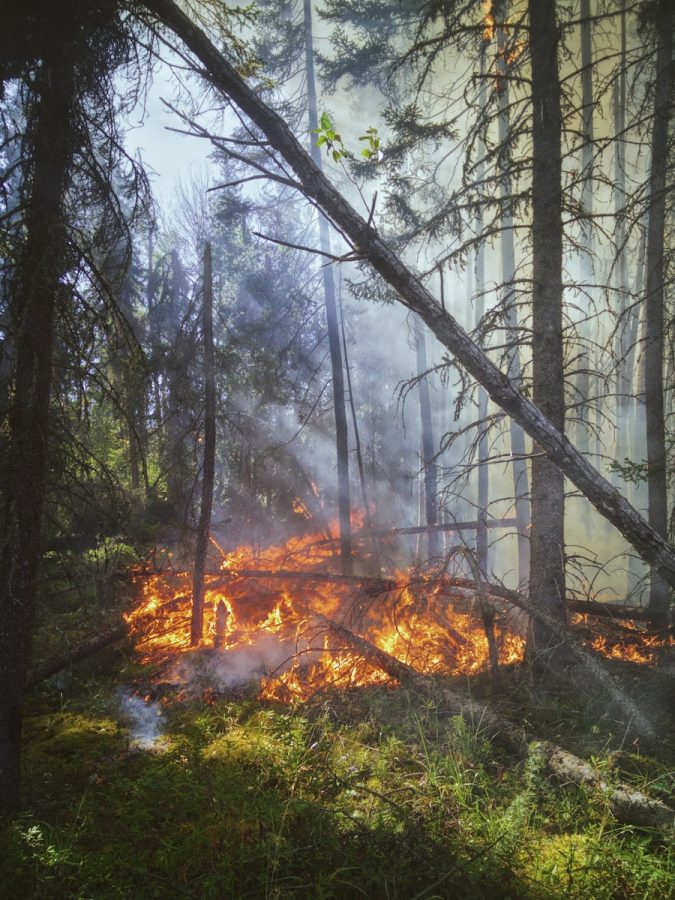The Two-Sided Nature of Forest Fires
Destructive forest fires happen all the time, it’s just how that we perceive them as always bad is a mistake.
Source: Landon Parenteau
night-time photo of miniature forest fire
Blinded by smoke and sweating from the fire, people have both feared and adored the versatility of fire. Wildfires have claimed thousands of lives over the past decade, and that number is expected to increase as human infrastructure expands. The effect of wildfires have allowed plants to adapt and make the most out of these seemingly random events. For instance, the Giant Sequoia – a tree native to the Sierra Nevada mountain range – has adapted to plant its seeds right after the burning wake of a forest fire. The fire both clears land for the seeds and spreads the remains of nutrient-rich sequoias all over the soil to imitate a fertilizer of sorts.
However, the opposite story of wildfires have also proved true. In a survey conducted in 2019 by Stanford, 52 percent of Californian’s reported that were exposed to wildfire smoke, with many taking precautionary measures like staying indoors or keeping up-to-date on Air Quality Reports. It is clear to see that areas most disturbed the phenomenon have reacted to the everyday threat. The fear is warranted, though, as the hospitalizations and overall environmental damage have adversely effected peoples perception on the matter.
The CDC webpage describes wildfires to release an excess of particulate matter, including carbon monoxide and nitrous oxides. These gasses make up the bulk of the 6.2 million people reported to be effected by wildfires between 1998 and 2017 as reported by the WHO. The adverse effects of inhaling these particles include severe respiratory and and cardiovascular damage: asthma, bronchitis, chest pain, chronic obstructive pulmonary disease (COPD). All these contribute to the growing fear of the wildfire phenomenon.
The effects of these wildfires are only being increased by factors like climate change and modernization, increasing the rate and strength of wildfires to the point that the effects plants and animals rely on are no longer noticeable. It is a reasonable notion to be afraid of these raging wildfires, but with the right actions and preparations, people will remain unaffected and the benefits to the ecosystem will still remain.
Related Stories:
https://education.nationalgeographic.org/resource/ecological-benefits-fire/
https://www.who.int/health-topics/wildfires
https://west.stanford.edu/sites/west/files/media/file/blcsurveyoct2019_2_0.pdf
https://www.cdc.gov/climateandhealth/effects/wildfires.htm
Take Action:
- Learn more about this phenomena here!
- Share this story with your friends!
- Volunteer to help protect people from fires here!















